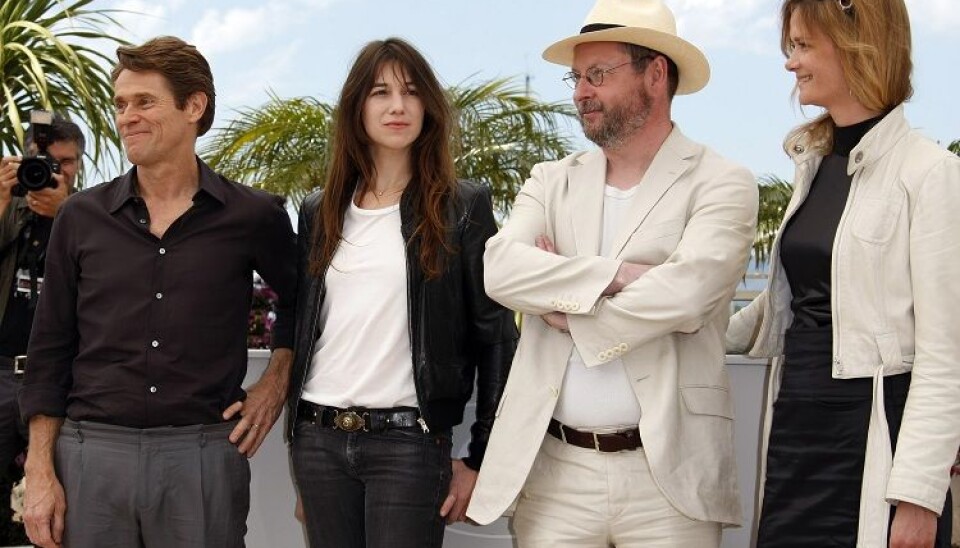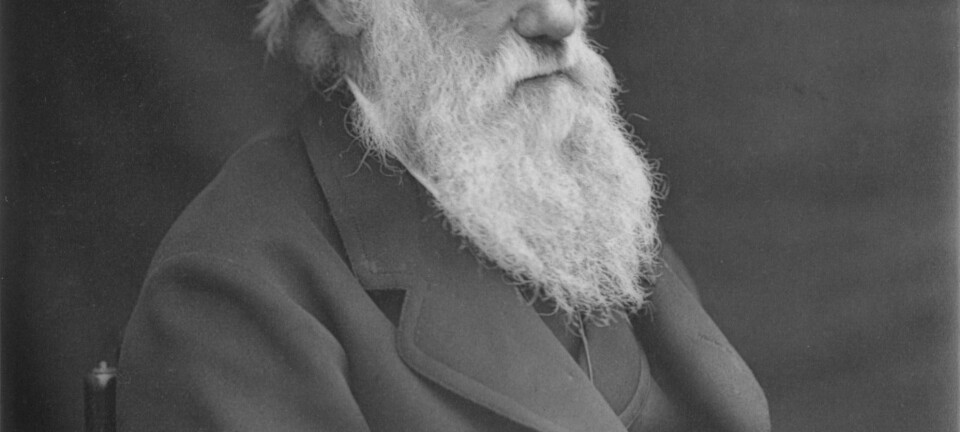
Teamwork brought Danish films to the top
Danish films are doing well despite the financial crisis. This is due to the Danish film model with collective leadership, a flat organisational structure and a strong system for education and funding.
Internationally famous Danish film directors such as Lars von Trier, Bille August, Thomas Winterberg and Nicolas Winding Refn probably deserve all the praise they get,
But equally central to the success of Danish cinema is the special Danish film model. Here the National Film School of Denmark and the Danish Film Institute have created an environment with a flatter organisational structure and a more collective leadership than we know from Hollywood and the great European film nations.
This is one of the conclusions in the recently completed strategic research initiative ’The Socio-Economic Organization of Creative Industries’.
In Denmark, the real genius is the creative team
The world of movies is traditionally divided into a European and an American film tradition. But the Danish film model differs from these two dominating traditions, says film researcher Chris Mathieu, an associate professor at the Department of Organization at the Copenhagen Business School, who is also affiliated with the Department of Sociology at Lund University, Sweden.

”In the classic European film tradition – the so-called auteur theory – you imagine that one person comes up with the idea, writes the script and directs the movie,” he says.
“In Hollywood, on the other hand, the production company is the key player. There it’s the producer who hires a director to realise a vision, and the authorship is more collective, with ideas being tested through market research.”
This is not the case in Denmark:
“In Denmark, the director and the producer share the authority with the script writer in a creative team, and the Danish film industry has a much flatter organisational structure.”
In the classic European film tradition – the so-called auteur theory – you imagine that one person comes up with the idea, writes the script and directs the movie.
In Mathieu’s interviews with Danish film crew members who have worked abroad, they say that the Danish way of making movies is special because so many more of the Danish film crew members have the opportunity to have their voices heard and thus have an influence on the movie.
This has also been confirmed through his fieldwork at movie sets:
”This can be seen both in major discussions and tiny comments,” he says.
“And when you interview editors, cinematographers and lighting technicians it’s clear they feel that the rest of the team has a lot more confidence in them and they are given completely different responsibilities than they would in other countries.”
The Danish film industry wants to sell tickets, of course, but it’s not only for financial gain; there’s also a central value in reaching a large audience to convey a message to the Danish public, because the films are partly funded by the state. This eliminates some of the contrast between being creative and having a broad appeal.
This, he says, means that the leading figures on the Danish movie scene have access to far more creative ideas, angles and suggestions for improvements than their overseas counterparts.
Tales of success secure future funding
The difference between European and US movies is often regarded as artistic success vs. commercial success. But according to the researcher, Danish films don’t fit into this polarised view:
“The Danish film industry wants to sell tickets, of course, but it’s not only for financial gain; there’s also a central value in reaching a large audience to convey a message to the Danish public, because the films are partly funded by the state.
“This eliminates some of the contrast between being creative and having a broad appeal.”
The Danish film funding system creates a unique relationship between the industry players:
“Of course Danish filmmakers compete with one another, but there’s also a special awareness of the fact that it’s in the interest of the national film industry that the tale of Danish film success is being kept alive. The Danish film industry relies on funding that’s allocated in the national budget to the collective Danish film funding system.
This, he says, creates a completely different incentive to collaborate and learn from other people. In Hollywood, the movies are financed by the production companies themselves in tough competition with other production companies, and in some European countries patrons donate money to a particular director.
“In many ways this resembles the world of football, where you can be a fan of one particular domestic Danish football team but you still want the Danish national team to do well,” says Mathieu.
One example of this special collaboration is the Danish production company Zentropa, which encourages film editors from competing production companies to use their facilities:
“It’s possible that Zentropa is doing this just for the money, but since the space and the technical facilities were there anyway, it has enabled many of the country’s finest film editors to gather in the same place. And that means they can talk and learn from one another.”
Script writers play a special role in Denmark
Danish script writers such as Kim Fupz Anderson and Anders Thomas Jensen have received a great part of the credit for the success of Danish films. According to Mathieu, this is an indication that script writing is now being taken very seriously in Denmark, and this is to a great degree a result of a focused effort from The National Film School of Denmark and The Danish Film Institute.
”The film consultants read and refine the manuscripts as part of the allocation of grants to Danish movies. This effectively means they are external script consultants, and in this way the funding system ends up acting not only as a grant distributor, but just as much also as a quality control for the films they support.”
One of the fundamental differences between the two film traditions is that in Hollywood they use a team of script writers, whereas in the European auteur tradition it’s usually the director who writes the script.
In principle, the Danish model places all the responsibility on one person – the script writer, who is part of the management in the so-called creative team, says Mathieu, adding that the other movie traditions lack a body that is sufficiently removed from the movie itself to be able to improve the quality of the script.
“Someone like Pedro Almodovar wouldn’t need to convince a team of film consultants that his scripts are up to scratch, because he gets his money on his name and perhaps the actors in his movies,” he explains.
“That obviously gives him a great deal of artistic freedom, but it also has the consequence that the scripts are not forced through a revision process with the sole intent of making money. In Hollywood the whole process takes place within the framework of one production company.
“The scripts are of course assessed internally, but there’s no external expert like the Danish film consultants, who read just about every single Danish movie script that’s made.”
In Sweden they have tried to implement aspects of the Danish model, but Mathieu believes it will be hard for them to catch up with the Danes:
“Sweden has had a Bergman tradition in which the great director genius wrote the script as well as directing the movie,” he says.
“So it’s only after they have witnessed the success of Danish films that they have started taking scripts seriously as an independent craft.”
Danish film talents stay put
According to the researcher, Danish cinema has yet another advantage on e.g. our Swedish neighbours:
Whereas in Sweden there used to be a Greta Garbo effect, where the norm was that if you found success abroad, you stayed abroad, the success of Danish cinema hasn’t resulted in any exodus of Danish film talents. Mathieu looks into the reasons for this in a scientific article, soon to be published in the journal Work, Employment and Society.
”Bille August is just about the only director who has left Denmark over longer periods. Most other key players in Danish cinema have stayed. Even though Lars von Trier makes international movies with foreign actors, his team is predominantly Danish,” he explains.
“This is due, in part, to the fact that they’re allowed to make movies in a Danish way in which they have a great deal of creative control, but can also allow themselves to receive creative input form the other crew members.”
But this success also has a self-perpetuating effect:
“In Denmark you think that the next project you’re working on could end up as a Palme d’Or winner or an Oscar nomination. That’s not common thinking in e.g. Sweden. Danish cinema is, so to speak, in a virtuous circle.”
-------------------------------------
Read the Danish version of this article at videnskab.dk
Translated by: Dann Vinther
Scientific links
- Chris Mathieu & Sara Malou Strandvad: 'Is this what we should be comparing when comparing film production regimes? A systematic typological scheme and application'
- Chris Mathieu: 'Talent retention in Danish film' (working paper)
External links
- Chris Mathieu's profile
- About Danish cinema (Wikipedia)
- About the National Film School of Denmark
- About the Danish Film Institute






